Differences and similarities between words
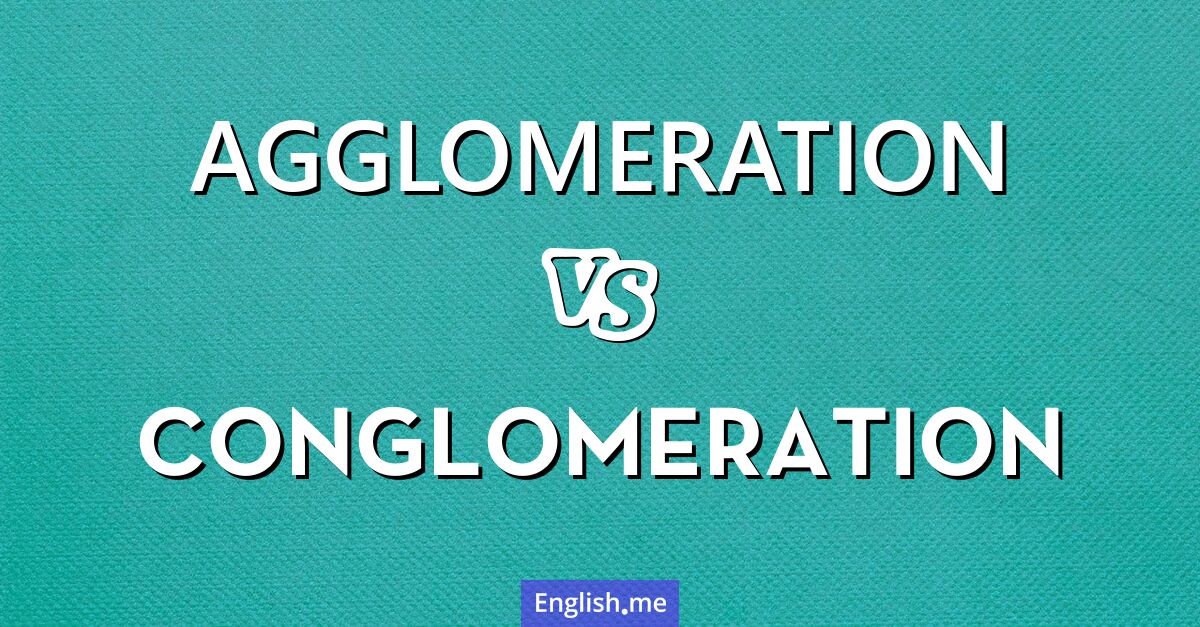
"Agglomeration" vs. "conglomeration": exploring clusters and coalitions
Agglomeration specifically refers to a mass or collection of things ... Learn more →
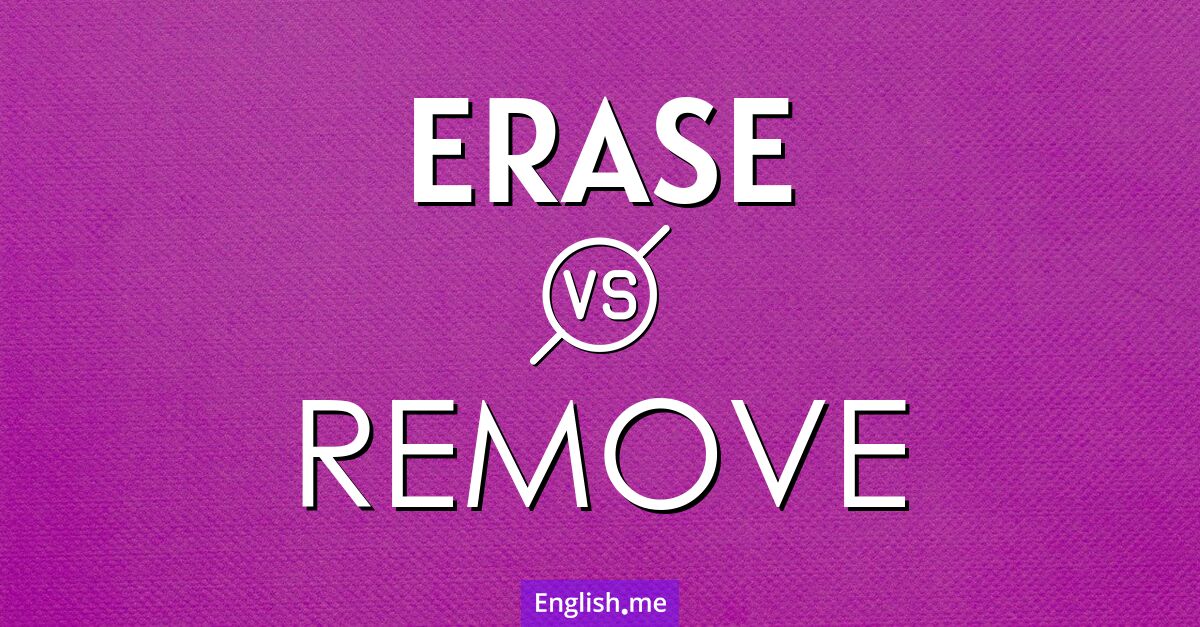
"Erase" vs. "remove": the art of disappearance in language
Erase typically refers to rubbing out marks, such as pencil ... Learn more →
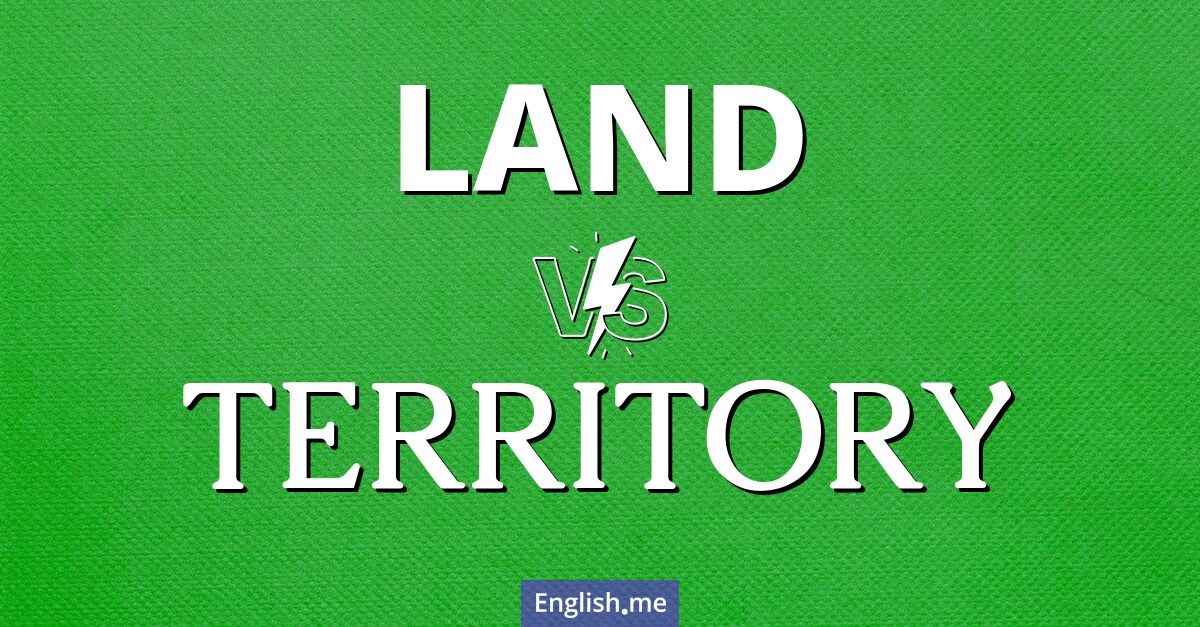
"Land" vs. "territory": exploring shared ground and shifting boundaries
"Land" generally refers to the solid part of the Earth's ... Learn more →
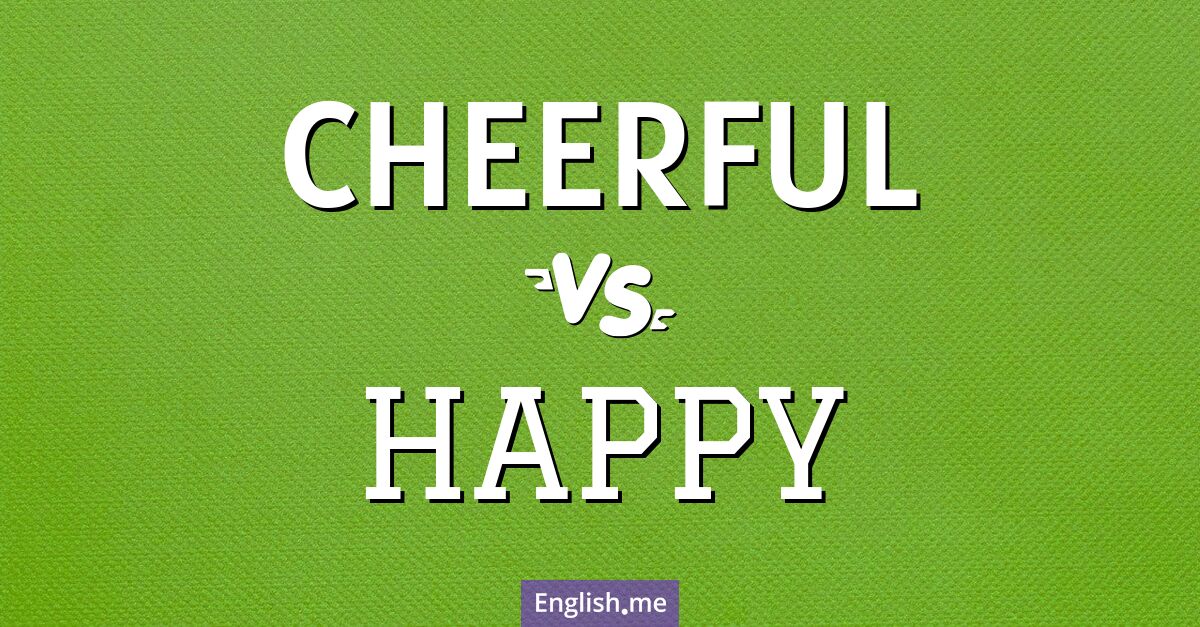
"Cheerful" vs. "happy": discover the nuances of joy
Cheerful often implies a visible, outward expression of happiness and ... Learn more →
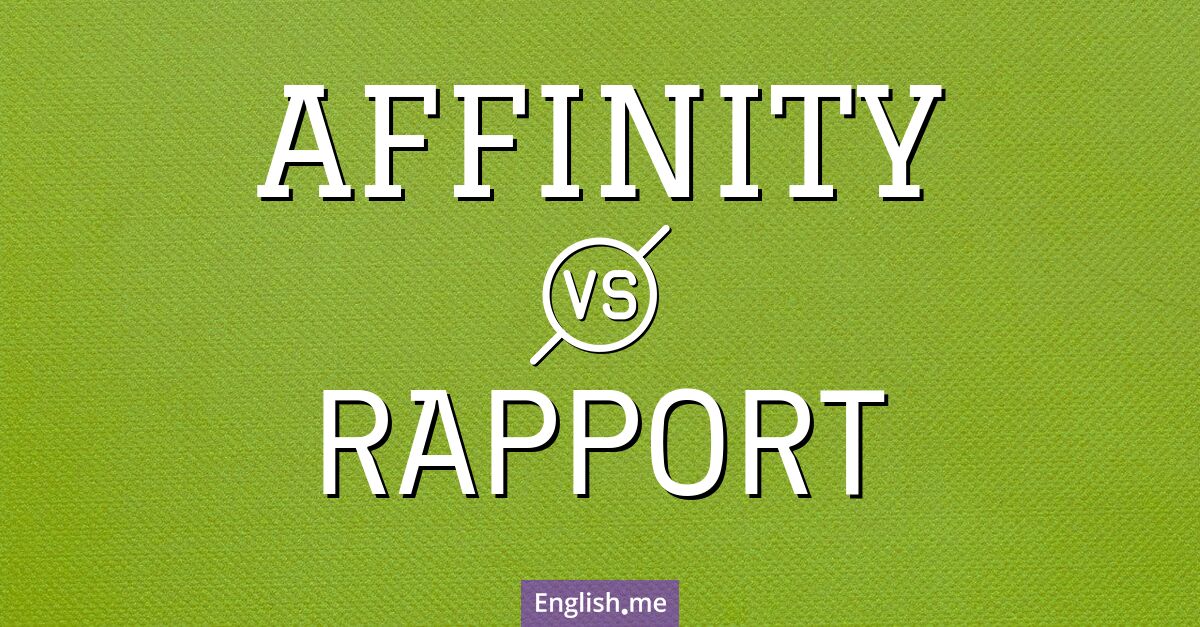
Words in harmony: contrasting "affinity" and "rapport"
"Affinity" often implies a natural liking or inherent connection, which ... Learn more →
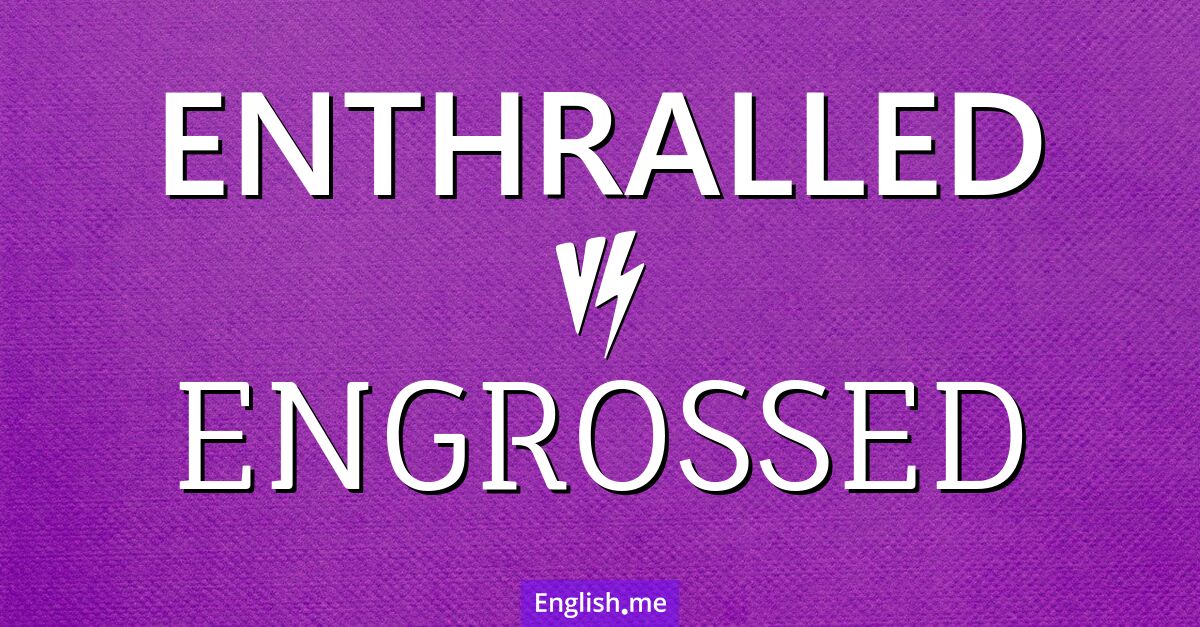
"Enthralled" vs. "engrossed": delving into captivating nuances
While both words imply a deep level of attention, "enthralled" ... Learn more →
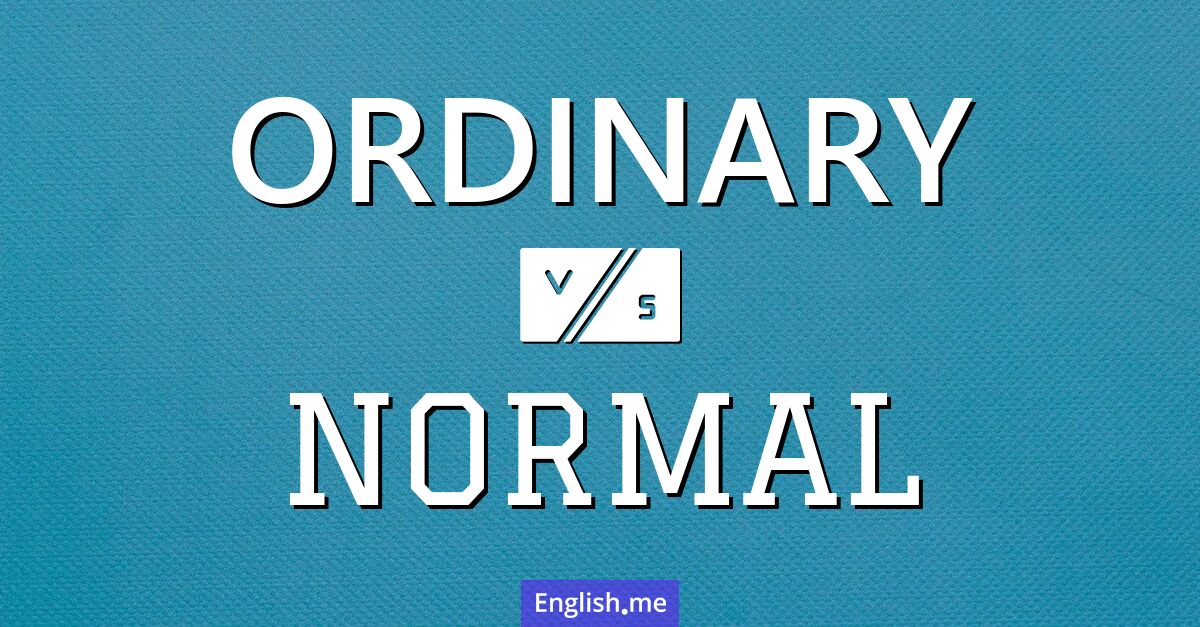
The subtle line between "ordinary" and "normal"
The word "ordinary" often implies a lack of special or ... Learn more →
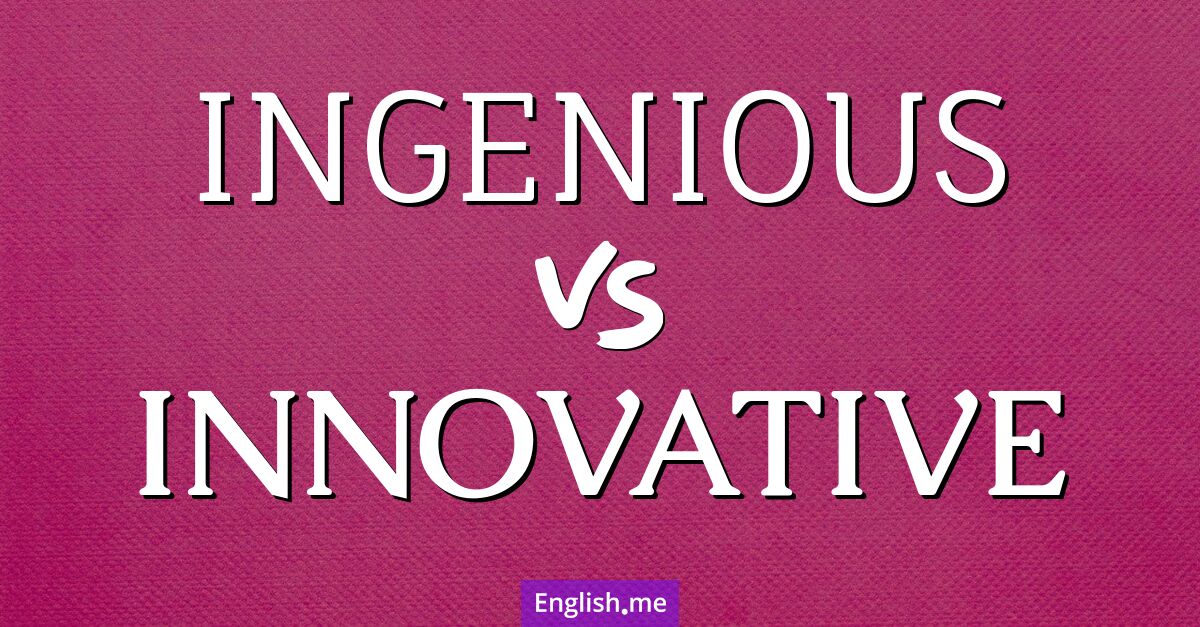
"Ingenious" vs. "innovative": comparing clever creativity
Ingenious typically emphasizes cleverness and inventiveness, often highlighting someone's ability ... Learn more →
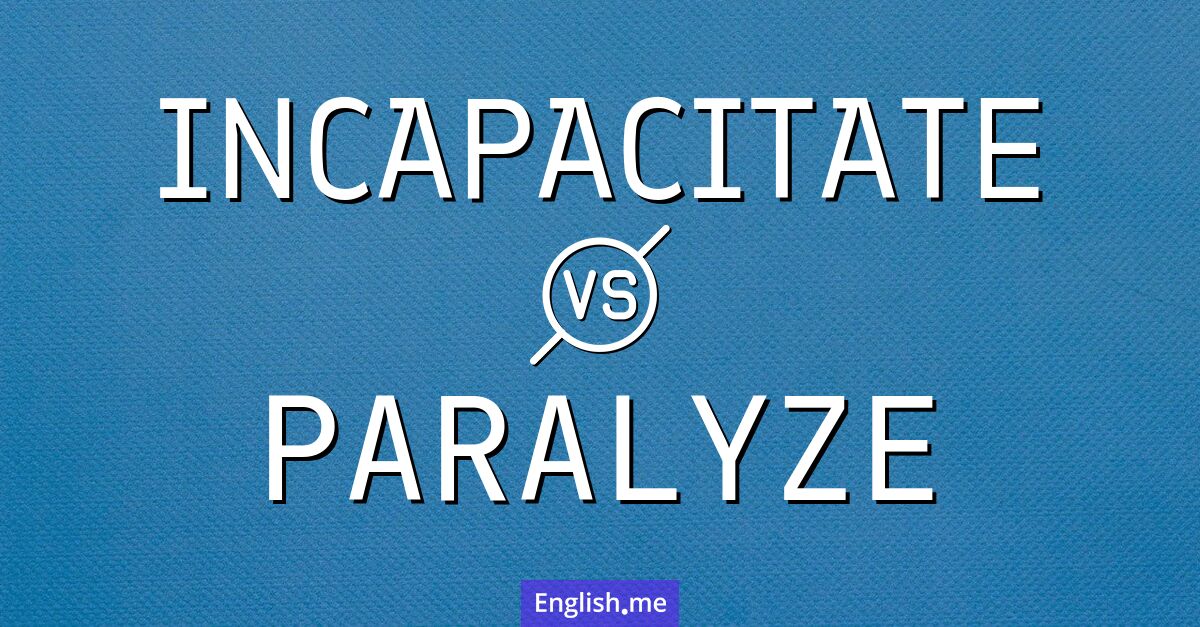
Binding words: "incapacitate" vs. "paralyze"
"Incapacitate" often implies a broader range of inability, including but ... Learn more →

"Inspector" vs. "investigator": two sides of detective language
An "inspector" often checks for compliance with standards and regulations, ... Learn more →

 English
English español
español française
française italiano
italiano deutsche
deutsche 日本語
日本語 polski
polski česky
česky svenska
svenska Türkçe
Türkçe Nederlands
Nederlands